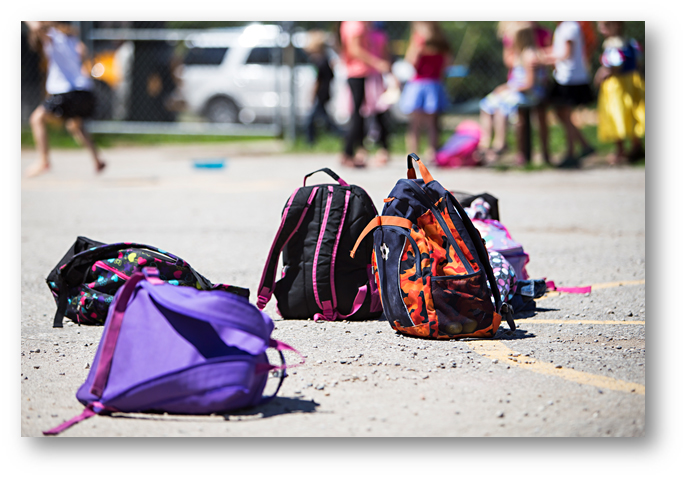What is the IPRC?
What is the purpose of the IPRC?
The IPRC will:
- decide whether or not your child should be identified as exceptional;
- identify the areas of your child’s exceptionality, according to the categories and definitions of exceptionalities provided by the Ministry of Education;
- decide an appropriate placement for your child; and
- review the identification and placement at least once in each school year.
Who is identified as an exceptional student?
The Education Act defines an exceptional student as “a pupil whose behavioural, communicational, intellectual, physical or multiple exceptionalities are such that he or she is considered to need placement in a special education program . . . ” Students are identified according to the categories and definitions of exceptionalities provided by the Ministry of Education.

What is a special education program?
A special education program is defined in the Education Act as an educational program that:
- is based on and modified by results of continuous assessment and evaluation; and
- includes a plan (called an Individual Education Plan or IEP) containing specific objectives and an outline of special education services that meet the needs of the exceptional student.
What are special education services?
Special education services are defined in the Education Act as the facilities and resources, including support personnel and equipment, necessary for developing and implementing a special education program.
How is an IPRC meeting requested?
The principal of your child’s school:
- must arrange an IPRC meeting for your child, upon receiving your written request;
- may, with written notice to you, refer your child to an IPRC when the principal and the child’s teacher or teachers believe that your child may benefit from a special education program
Within 15 days of receiving your request, or giving you notice, the principal must provide you with a copy of the Teamwork Handbook and a written statement of approximately when the IPRC will meet.
May parents/guardians attend the IPRC meeting?
Regulation 181/98 entitles parents/guardians and students 16 years of age or older:
- to be present at and participate in all committee discussions about your child; and
- to be present when the committee’s identification and placement decision is made
Who else may attend an IPRC meeting?
- the principal (or designate) of your child’s school (must attend);
- other resource people such as your child’s teacher, special education staff, board support staff, or the representative of an agency, who may provide further information or clarification;
- your representative – that is, a person who may support you or speak on behalf of you or your child; and
- an interpreter, if one is required. (You can request the services of an interpreter through the principal of your child’s school.)
Who may request that others attend?
What information will parents/guardians receive about the IPRC meeting?
What if parents/guardians are unable to make the scheduled meeting?
- contact the school principal to arrange an alternative date or time; or
- let the school principal know you will not be attending, and as soon as possible after the meeting, the principal will forward to you, for your consideration and signature, the IPRC’s written statement of decision noting the decision of identification and placement and any recommendations regarding special education programs and services.
What happens at an IPRC meeting?
- the chair introduces everyone and explains the purpose of the meeting.
- the IPRC will review all available information about your child. They will:
-
- consider an educational assessment of your child;
- consider, subject to the provisions of the Health Care Consent Act, 1996, a health or psychological assessment of your child conducted by a qualified practitioner if they feel that such an assessment is required to make a correct identification or placement decision;
- interview your child, with your consent if your child is less than 16 years of age, if they feel it would be useful to do so; and
- consider any information that you submit about your child or that your child submits if he or she is 16 years of age or older.
- the committee may discuss any proposal that has been made about a special education program or special education services for your child. Committee members will discuss any such proposal at your request, or at the request of your child if the child is 16 years of age or older.
- you are encouraged to ask questions and join in the discussion.
- following the discussion, after all the information has been presented and considered, the committee will make its decision.
What will the IPRC's written statement of decision include?
The IPRC’s written statement of decision will state:
- whether the IPRC has identified your child as exceptional;
- where the IPRC has identified your child as exceptional;
- the categories and definitions of any exceptionalities identified, as they are defined by the Ministry of Education;
- the IPRC’s description of your child’s strengths and needs
- the IPRC’s placement decision, and
- the IPRC’s recommendations regarding a special education program and special education services.
